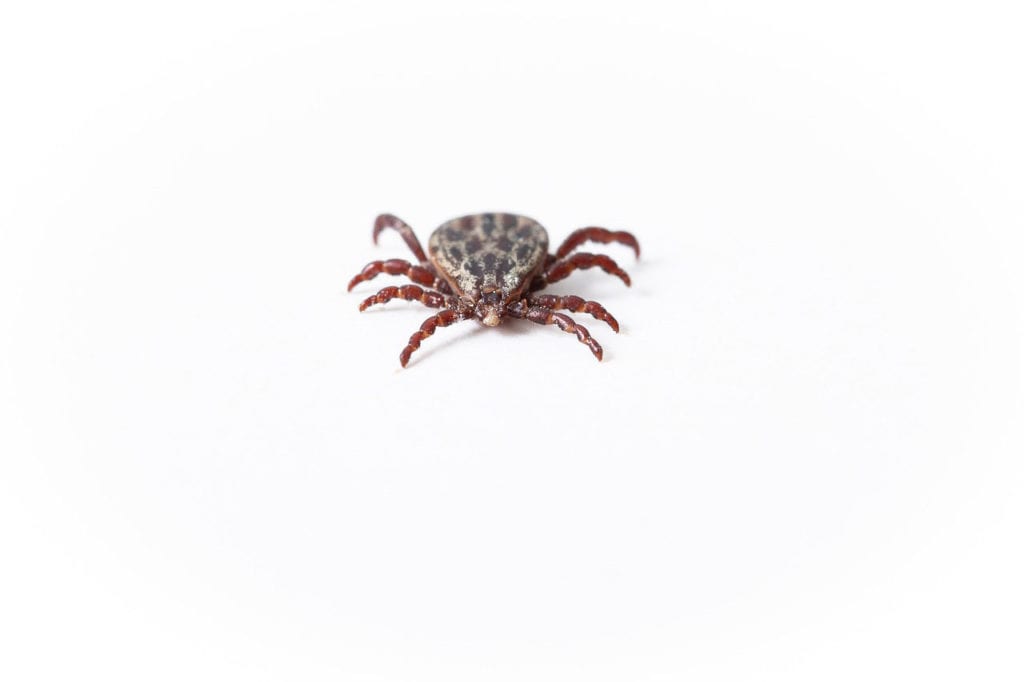According to a story from Live Science, a species of tick that is originally found in Asia has begun to appear along the East Coast of the US. The parasite was first found on a sheep in New Jersey. This species is known as the longhorned tick (Haemaphysalis longicornis).
Spreading Quickly
Since first being discovered in New Jersey, the animal has also been identified in six other states, including West Virginia, Pennsylvania, New York, Arkansas, and North Carolina. Researchers are still not entirely sure how these ticks got to the US, but the best guess is that they were attached to animals that were transported from Asia. Another remarkable fact about this species is that the females can reproduce asexually; they do not need to find a male to reproduce and can lay eggs after their blood meal.
Risk of Rare Disease
The worst news is that these ticks have the potential to pose a major risk not just to livestock, but to humans as well. At this juncture, no longhorned ticks collected in the US have caused anyone to get sick, and upon examination do not appear to carry pathogens. Nevertheless, the possibility is real. In its native country, this species can cause a variety of infectious diseases, such as babesiosis, theileriosis, rickettsiosis, and ehrlichiosis. One of the most unusual and potentially dangerous illnesses that this tick has been known to cause is a viral infection called severe fever with thrombocytopenia syndrome (SFTS).
Ultimately, the population of longhorned ticks in the US will have to be closely monitored in case they do start to spread infections.
Stay Safe
The presence of a new species is a reminder to remain vigilant when venturing outdoors into heavy brush or tall grasses where ticks love to lie in wait for potential hosts. Before going into such areas, it is recommended to wear long sleeves, use plenty of bug spray with DEET, and to thoroughly examine yourself when you get back indoors. These ticks are very small (about poppy seed size) when they are not filled with blood, so make sure to look carefully. Hopefully, these ticks will not wind up causing a major health problem.





